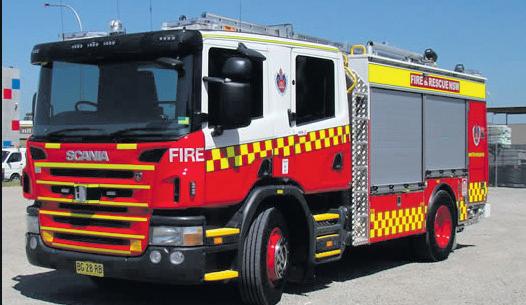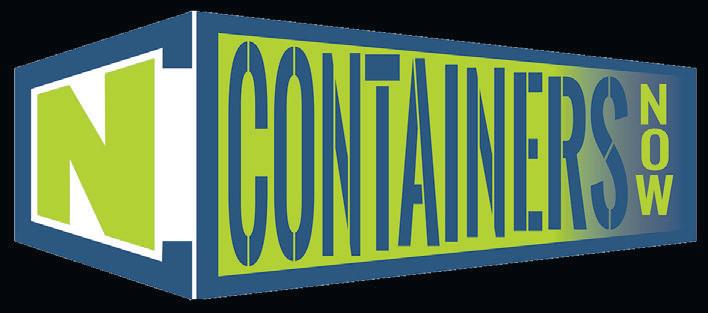
6 minute read
NATIONAL VOTE OF CONFIDENCE IN FIGHT AGAINST
All States and Territories across Australia have reached a unanimous agreement declaring the NSW General Emergency (Blue) Zone Varroa mite free.
Minister for Agriculture Dugald Saunders said the agreement means states will reopen their borders in the coming weeks for the movement of bees and hives for pollination.
“This is a signifcant step in the fght to eradicate the mite, and for our beekeepers and pollination-reliant industries that have done it tough over the past seven months,” Mr Saunders said.
“I want to thank them because it is their diligence in reporting and testing their hives and DPI’s strong surveillance work that has put us in the position we are today.
“It’s also testament to the NSW Liberal and Nationals Government’s response to the Varroa mite incursion that other jurisdictions are satisfed the outbreak has been well contained.
“But this is not the time for complacency; now more than ever, we need beekeepers to make sure they continue to do the right thing and maintain their alcohol wash surveillance so we continue to move in the right direction.”
The Consultative Committee on Emergency Plant Pests (CCEPP) recently endorsed a paper presented by NSW providing epidemiological data supporting the proof of freedom requirements.
NSW will now work with South Australia, Victoria, and
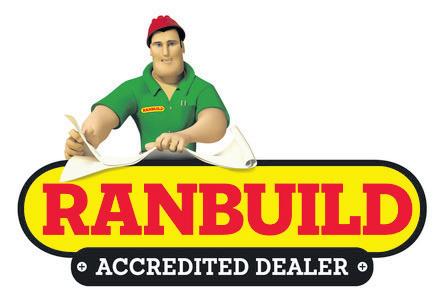
Queensland to develop a set of conditions to facilitate inter-state movement.
Australian Honey Bee Industry Council CEO Danny Le Feuvre said this is a major milestone for the response and the beekeeping industry.
“While the industry will continue to be impacted by the Varroa mite’s incursion, endorsement of this paper is a critical step forward in achieving business continuity, as best we can, for the industry,” Mr Le Feuvre said. “Endorsement of this paper demonstrates the confdence all the affected parties have in the response. It gives us great confdence that eradication is achievable in the current situation.”
The response included surveillance on around 32,000 hives with beekeepers completing alcohol washes on more than 85,000 hives.
Beekeepers in the blue zone are reminded they can only move their bees or hives if they fll out a hive movement declaration.
There are no changes to rules in the eradication (red) zone or surveillance (purple) zone and all beekeepers must ensure they are aware of the requirements for each zone as non-compliance can result in signifcant penalties and fnes.
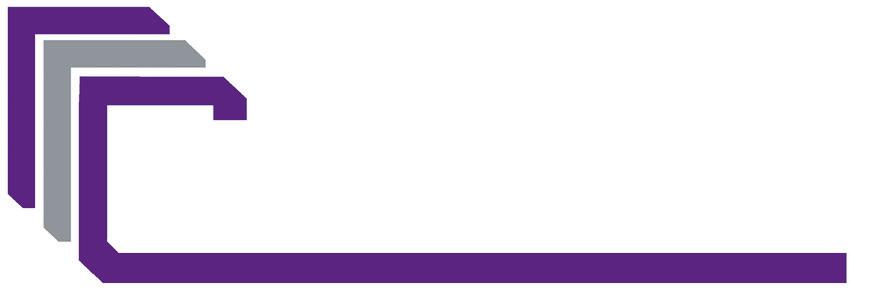
It is also mandatory for all beekeepers to carry out alcohol washes at least every 16 weeks and to report these results to DPI by flling out the online form at dpi.nsw.gov.au or calling DPI on 1800 084 881.
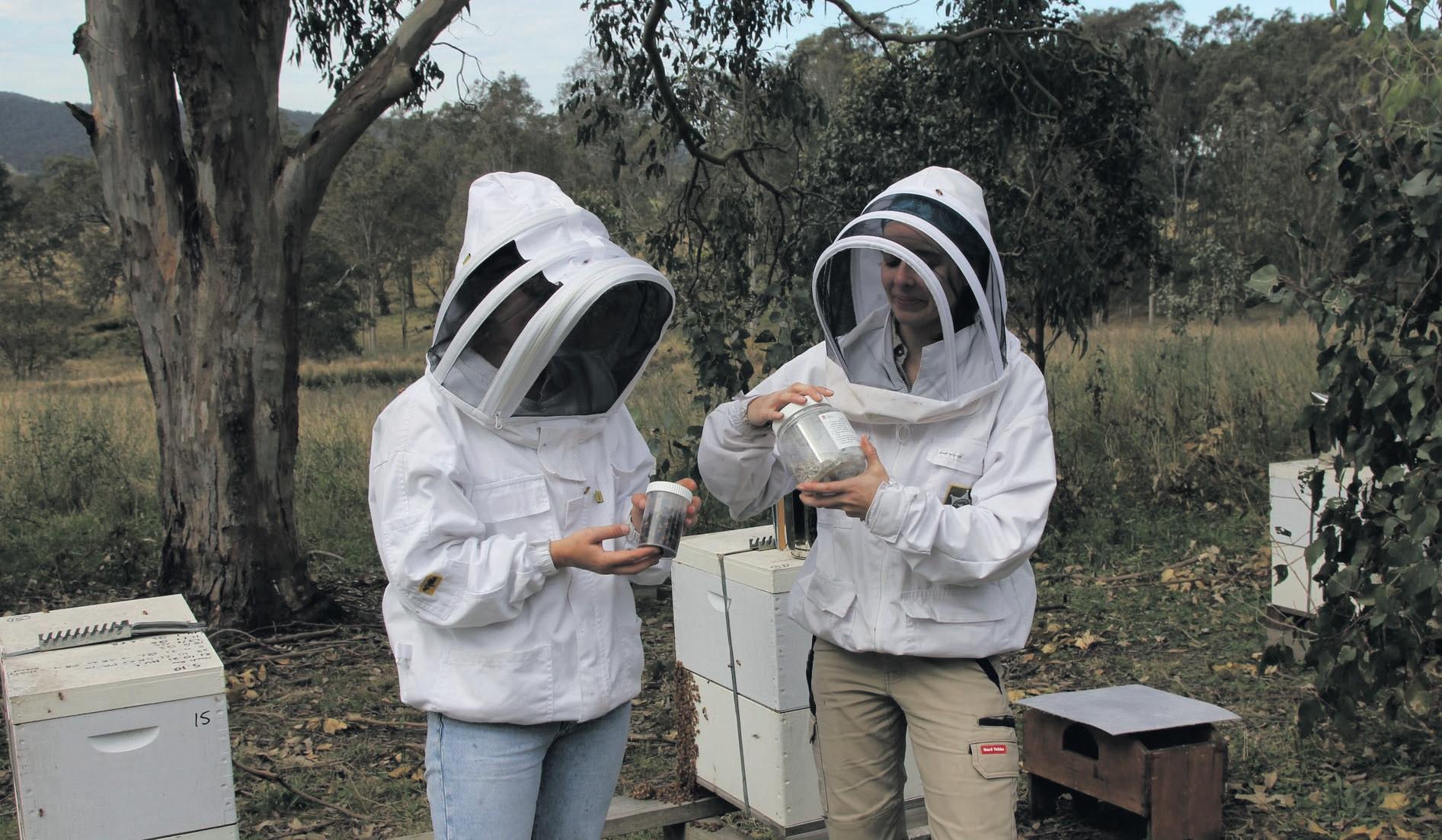
For more information visit: https://www.dpi. nsw.gov.au/varroa
RURAL AID: PROVIDING CRITICAL SUPPORT AND PREPARING FARMERS FOR NATURAL DISASTERS
FROM PAGE 31
Rural Aid CEO John Warlters said 100% of the pilot cohort agreed that they were likely to use the provided material again, that the content was relevant to their needs, and it was easy to understand.
More than 90% strongly agreed they were likely to either make practice changes or consider making changes because of attending.
“Rural Aid is wellknown for the critical support it provides farmers affected by natural disaster, but we also have an important role to play in helping producers prepare for those challenges,” Mr
Warlters said.
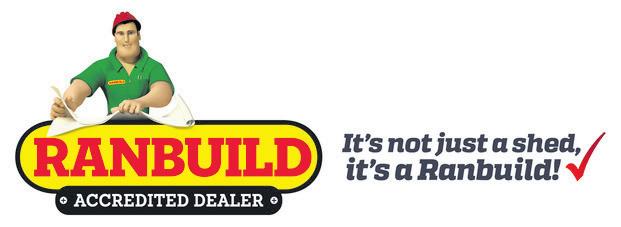
The three day program covers: the way decisions are made on the farm; understanding and using critical decision points and weather forecasts in the livestock and cropping cycle to better manage climate challenges; matching stocking rate to feed supply; supplementary feeding of livestock to meet production goals; considering investment in new infrastructure to better manage drought and other climate challenges; relationships within the family and making better decisions as a family; and research and development at UNE SMART Farms.
The Farming Family
Reboot will be held at the University of New England, Armidale on April 18-20, and all accommodation and meals are included.
To express your interest in attending (places are limited), register via bit. ly/FFR2023.
For more information about the program contact Lu Hogan on lhogan22@une.edu.au or 0427 687 432.
The Southern Queensland and Northern New South Wales Drought Resilience Adoption and Innovation Hub receives funding from the Australian Government’s Future Drought Fund. Find out more at unisq.edu.au/ sqnnswhub.
Casino
WEEK ENDING SATURDAY 10 FEBRUARY
Agents yarded a total of 1312 head at the Northern Rivers Livestock Exchange regular prime sale on Wednesday 8 February. The yarding consisted of larger numbers of both young cattle and cows. Young cattle were comprised of a fair percentage of good quality vealer steers and heifers, however there were also increased numbers of plain cattle throughout the sale. The market varied considerably which was mainly quality driven.
Warwick
MC DOUGALL & SONS SHEEP & LAMB REPORT
Agents today yarded 1680 head for the weekly sale, with 1223 head in the lamb, hogget or ram lamb categories, this left 457 in the mutton or ram categories. The market was frm to a shade dearer for the fnished lambs and the fresh, feed on types. Mutton continues to hold back our markets the processing industry as well as re-stockers are keeping a low rate on re-stocker products.
Shelley F/T sold Suffolk lambs 61kg to Thomas Foods for $203, Dorper lambs 56.4kg to Thomas Foods for $200,55kg ram lambs to Eversons for $110, 50kg hoggets
Warwick
LIVESTOCK MARKETS WARWICK W/E 10/02/2023
Agents saw numbers increase slightly for the Cattle sections and fall slightly for the Mutton and Lamb markets; the prices were frm to a shade dearer for most descriptions. The good quality and well-presented stock continued to outperform the unfnished article.
Vealer steers averaged 462.4c/kg topping at 564.2c/kg or $1170.21 to $1470.32
Vealer heifers averaged 433c/kg topping at 506.2c/kg or $1136.68 to $1530.82
Feeder heifers averaged 349.6c/kg topping at 414.2c/kg or $1206.71 to $ 1428.99
Feeder steers averaged 377.9c/kg topping at 429.2c/kg or $1515.27 to $1881.00 to re-stockers for $90, Dorper lambs 56.4kg to Thomas Foods for 200, ram lambs 5kg to Eversons for $110 McNamara Family sold Poll Dorset lambs 71.6kg to Thomas Foods for $210, 64kg to Thomas Foods for $213, 85kg 4th wethers to re-stockers for $144
Cow prices held frm on last week averaging 268c/kg and reaching a top price of 307c/kg. Heifer prices saw an increase with lighter stock up to 250kg averaging 421c/ kg and topping their category at 524c/kg. Heavier heifers over 250kg averaged 378c/kg and reached a top of 458c/ kg.
Bull prices remained steady with 35 head sold averaging 249c/kg and 660kg. Lighter steer prices saw little change with those up to 250kg averaging 495c/kg and reaching a top of 594c/kg. Heavier steers over 250kg were dearer averaging 421c/kg and topping their market at 544c/kg. A small number of bullocks sold on the day averaged 325c/ kg and reached a top of 336c/kg.
Gordon Donovan sold Xbred hoggets 60kg to Eversons for $136, rams to GR Prime for $40
John & Marion Skinner sold Dorset lambs 61.66kg to Thomas Foods for $198, 48.3kg to Eversons for $172
Warren & Wendy Schelbach sold Dorper lambs 43.75kg to Jock Young Meats for $173
Peter Jones sold Dorper lambs 46.6kg to GR Prime for $181
Dave & Wendy Rodgers sold Dorper x lambs 40.3kg to GR Prime for $97, re-stockers for $78 & $66
Yearling steers averaged 416.5c/kg topping at 502.2c/kg or $1332.26 to $1995.95
Yearling heifers averaged 363.6c/kg topping at 440.2c/kg or $1154.40 to $1720.00
Steers averaged 358.8c/kg topping at 384.2c/kg or $1830.00 to $2758.04
Heifers averaged 317.3ckg topping at 349.2c/kg or $1526.79 to $2264.58
Cows averaged 270.4c/kg topping at 297.2c/kg or $1497.68 to $2342.52
Bulls averaged 267c/kg topping at 438.2c/kg or $1437.29 to $2592.00
Sheep & Lamb numbers saw the prices getting stronger as people seek to fold their tent’s and open the public to reality markets.
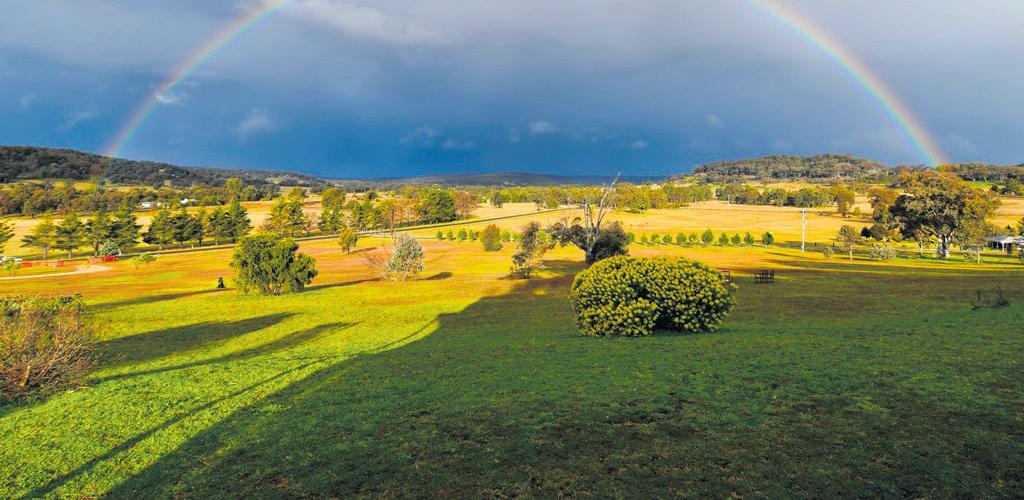
The market was improving with the exception of replacement stock or the back to the paddock which didn’t draw too much interest in the various sales.
Vealer prices were easier this week averaging 414c/kg and 236kg and reaching a top of 600c/kg.
Ray White Rural held a store sale at the NRLX on Friday 10 February with 1,689 head going under the hammer. Steers topped their category at 608c/kg and averaged 468c/kg and 277kg whilst heifers reached a top of 500c/ kg and averaged 420c/kg and 234kg. Cows reached a top price of $1,480 whilst Cows & Calves topped their market at $2,520.
T&W McCormack and Ramsey & Bulmer will hold a breeder sale this Friday 17 February with 500 head expected. Further bookings are welcome!
Sarah Virtue sold Aussie White x lambs 50kg to Eversons for $161, ram lambs 40kg to Highchester Meats for $68
Landers & Little sold Dorset lambs 43.4kg to Eversons for $140 Banaba Past Co sold Dorper x lambs 48.6kg to Leslie Lamb for $184, 48.2kg to Jock Young Meats for $184, 43.4kg to Leslie Lamb for $169, 43.4kg to Eversons for $98
Dugald & Vicky Marshall sold Xbred ewe and wether lambs 52.8kg to Eversons and Thomas Foods for $172 Carmichael & Galloway sold Dorper ewes to Eversons for $116, rams to re-stockers for $86, 60kg ewe lambs to Warwick Meats for $170, 47.3kg to Eversons for $172
Lambs topped at $213 to average $137.29($27up)
Hoggets topped at $142 to average $84.89($40up)
Ewes topped at $116 to average $44.55($11up)
Wethers topped at $165 to average $91.98($10up)
Rams topped at $95 to average $61.23($28down)
Lamb rams topped at $110 to average $76.63($22up)
Ewe lambs topped at $172 to average $123.29($20down)
Sale total was at $113.85 over the yarding and was $21/ head dearer than last sale.
Poultry were inundated with numbers and very little movement forward as far as prices were concerned.
Chicks sold to $27.50, Guinea Fowl to $32.50, Quails to $20, Ducks & Ducklings to $45, Hens & Chicks sold to $45, Roosters sold to $17.50 with hens achieving $10 Pork numbers eased with the movement out of the Xmas cycle. Sows sold from $100 to $320, Boars sold to $40, Pork sold from $110 to $152, stores sold from $40 to $140







